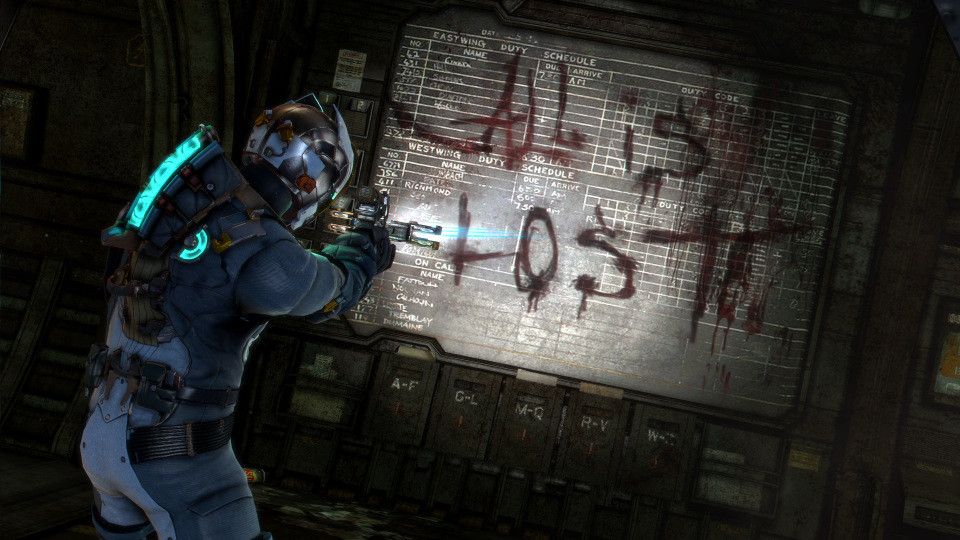Gamers the world over are going to be fairly cheesed off about Electronic Arts' latest decision to bring micro transactions to console and PC games.
The controversial move was announced by Blake Jorgensen, the games developer's CFO, at a Morgan Stanley technology, media and telecom conference.
"We're building into all of our games the ability to pay for things along the way, either to get to a higher level to buy a new character, to buy a truck, a gun, whatever it might be," Jorgensen explained.
But this sudden shift towards micro transactions in the gaming world needs to be put in perspective. Take Real Racing 3 for example, which we recently reviewed, not once were we forced to hand over money when we didn't want to. The same applies to Dead Space 3, which implements a micro transaction system which you can completely ignore if you wish.
READ: Dead Space 3 review
It all depends on how these micro transactions are deployed in each game. For some titles, the ability to pick up weapons at a price means you can literally buy your way to the top in multiplayer games. This isn't anything new: games like World of Warcraft have had whole businesses set up based around the idea of purchasing pre-levelled characters, so you don't have to put the hours in.
Sure, it's a means for EA to make a bit more cash and could, if implemented wrongly, mean an unfair advantage for those with money to spare. On the other hand, the decision could mean cheaper games, although we doubt it.
Provided that EA doesn't switch out traditional progression means for micro transactions and that gamers who have already spent their £40 on buying a title don't miss out on content if they don't spend extra, then it shouldn't be an issue.
We'll just have to wait and see.

